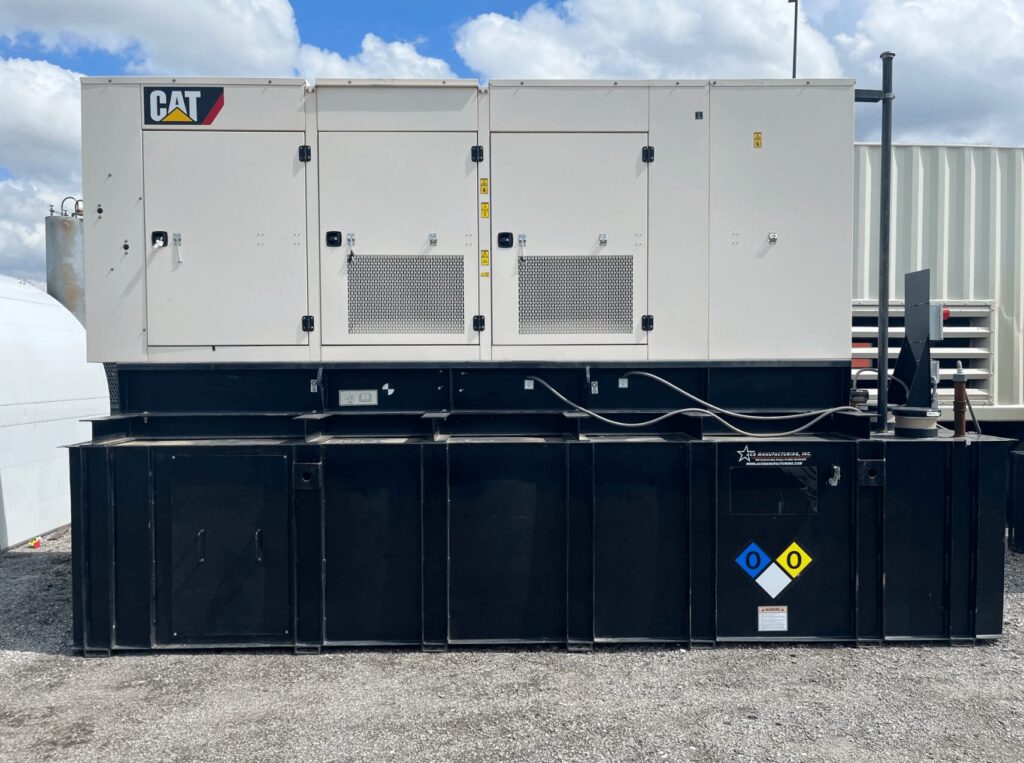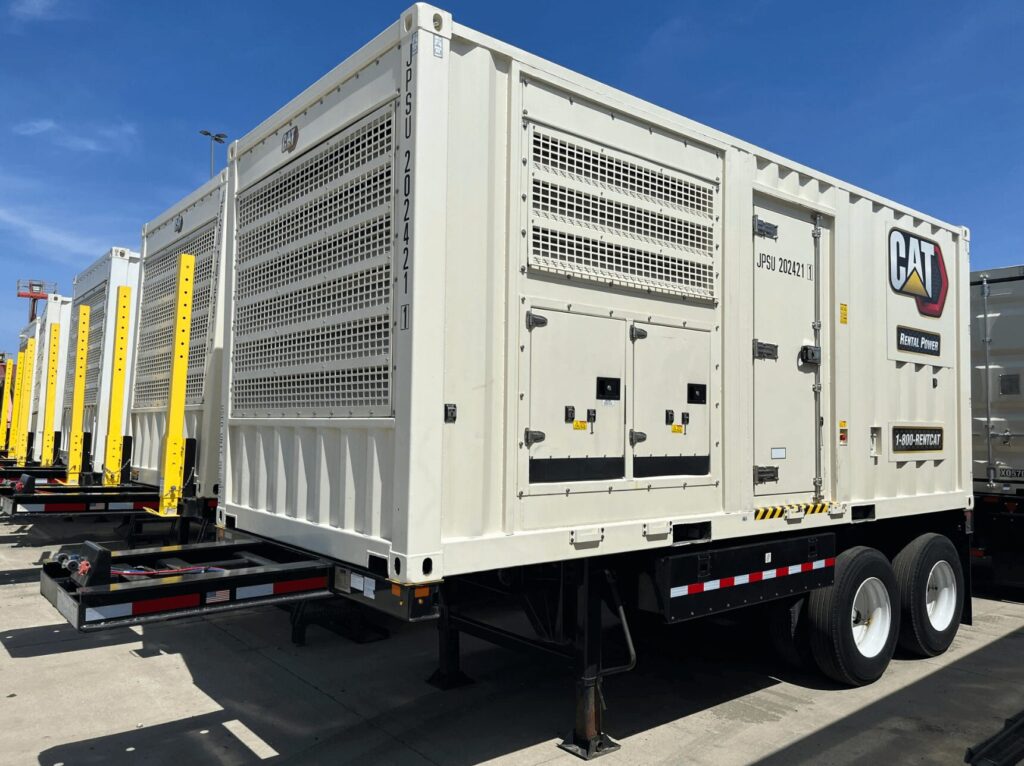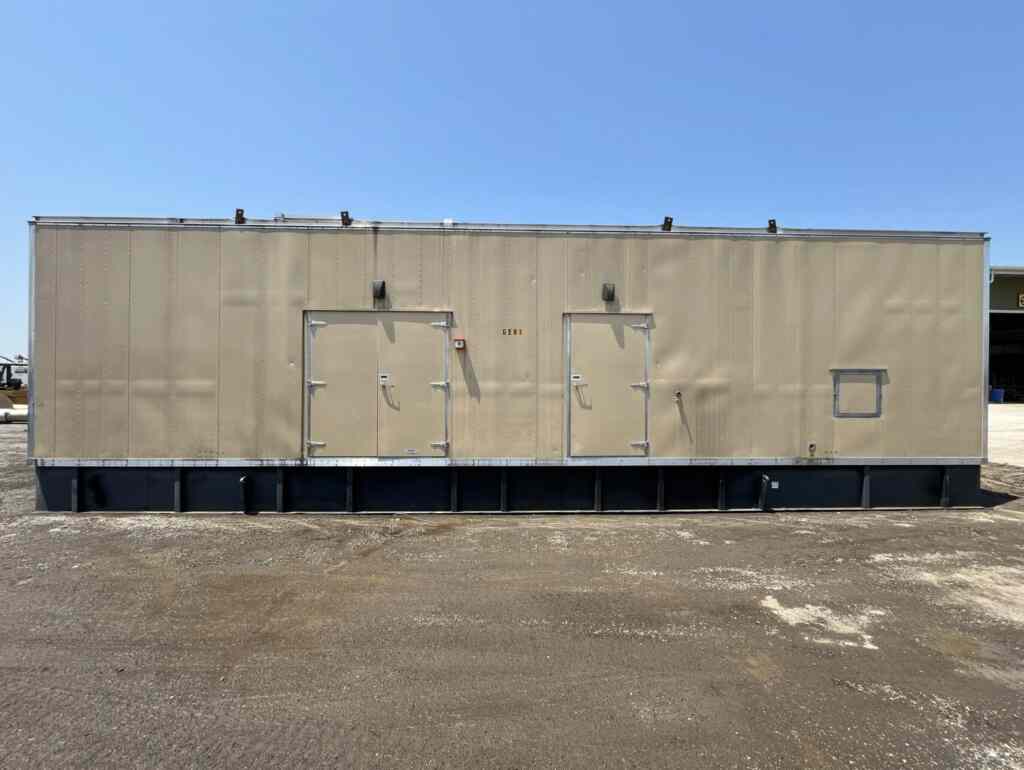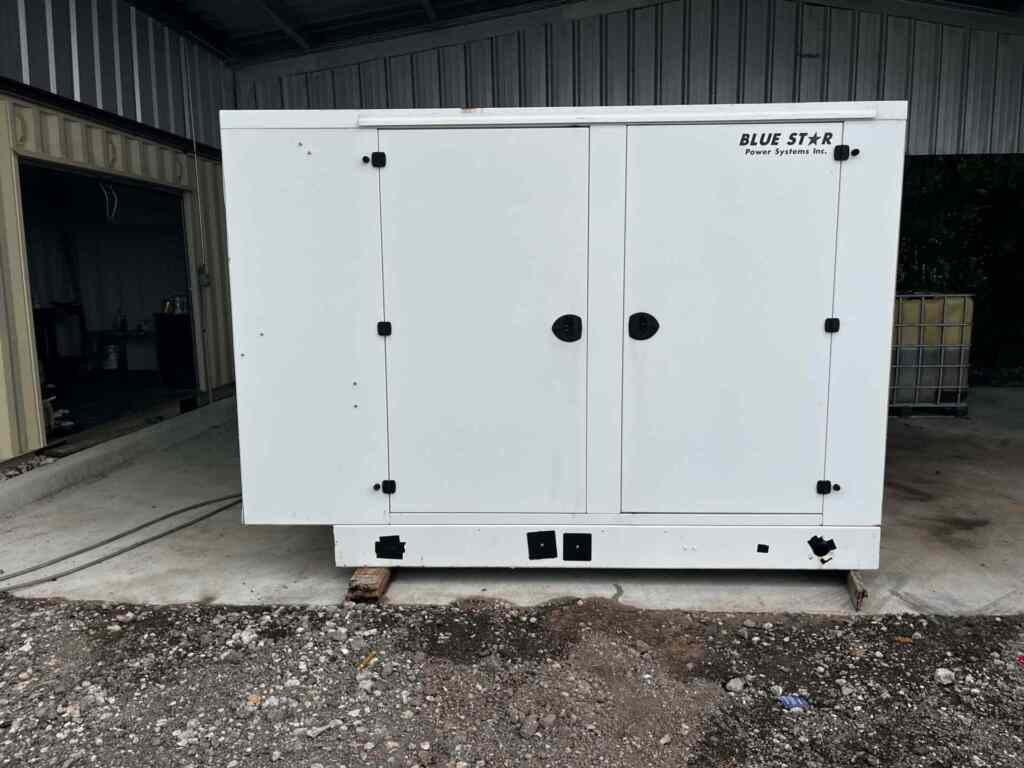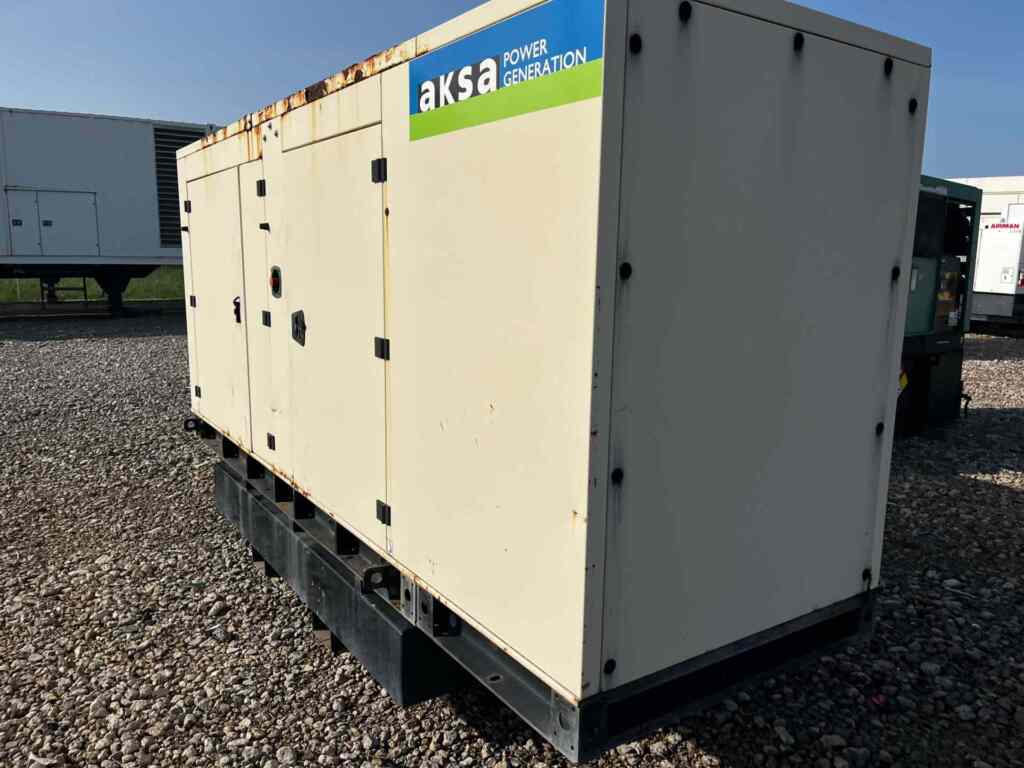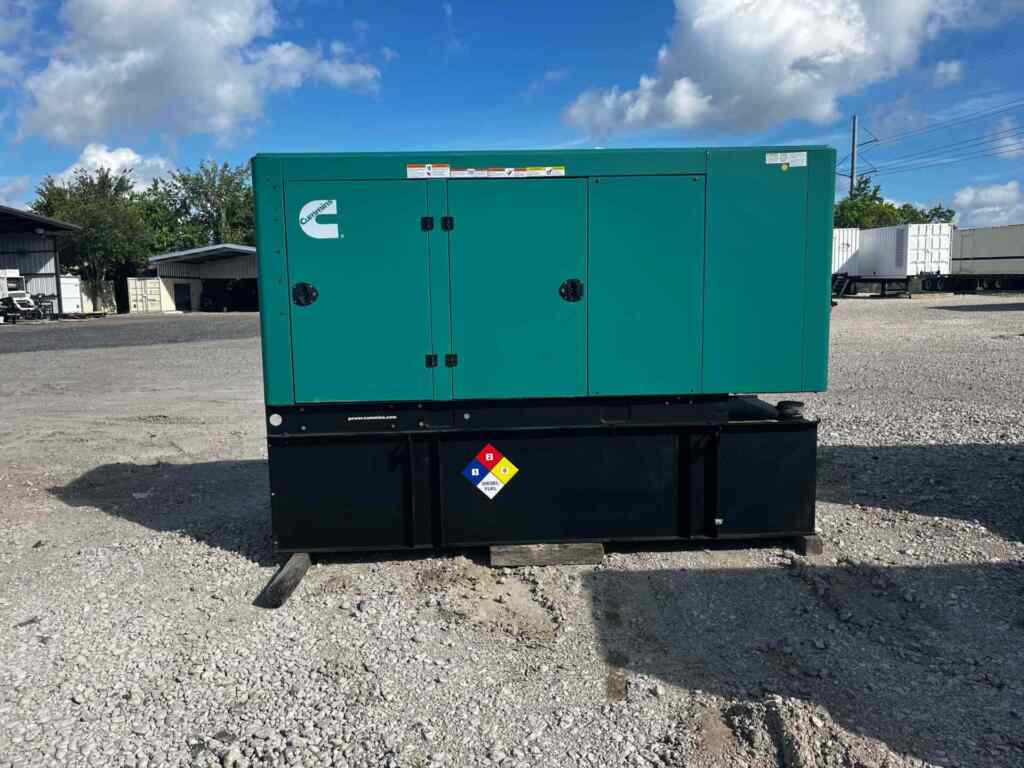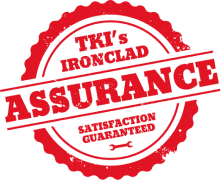Telecommunications has become an essential part of our daily lives, providing wireless communications, cellular data, telephone, TV, and internet services. These services form the backbone of communication for businesses, households, and individuals worldwide. Industries such as aviation, emergency response, banking, and healthcare rely heavily on telecommunications to function efficiently.
The continuous operation of telecom networks is critical to maintain uninterrupted communication services. A simple power outage can cause massive disruptions in the telecom world, potentially bringing our lives to a standstill. When a communication site or tower loses electricity, data flow is interrupted, affecting countless customers and businesses.
Why is Telecom Backup Power Important?
To prevent service interruptions due to power failures, telecom companies implement backup power solutions. These systems ensure that communication towers and facilities continue to operate even when the main power supply fails. Among the various backup power options available, industrial generators have emerged as a reliable and cost-effective solution for telecom networks.
Telecom backup power systems typically consist of two main components:
- Battery backup systems for immediate power supply.
- Industrial generators for long-term power provision.
While battery backup systems provide instant power during the initial stages of an outage, they have limited capacity. This is where telecom generators come into play, offering a sustainable power source for extended periods.
Types of Generators for Telecom Networks
Two primary types of generators are commonly used as reliable backup power sources for telecom towers:
1. Natural Gas Generators
Natural gas generators have gained popularity in the telecommunications industry as an alternative to diesel generators. These units utilize existing natural gas infrastructure to provide reliable power for telecom towers and facilities.
| Advantages | Disadvantages |
|
|
Natural Gas generators feature efficient engines with low fuel consumption and remote monitoring capabilities. Bi-fuel options are available, combining diesel’s strong start with natural gas’s extended runtime. They can be paralleled to meet larger power requirements.
2. Diesel Generators
Diesel generators are the most common choice for telecom tower backup power, providing reliable and independent power sources for critical infrastructure during outages.
| Advantages | Disadvantages |
|
|
Diesel generators feature robust construction for harsh environments and advanced technology for lower emissions. They can be used in standby power configurations or combined with battery systems in hybrid setups to optimize fuel use and reduce operating costs.
What Features Matter Most in Telecom Tower Generators?
Choosing the best generator for telecom towers involves looking at several important features. These features help ensure the generator provides steady power, runs efficiently, and meets the needs of telecom equipment. Let’s examine the key aspects that make a generator ideal for powering telecom towers.
Power Capacity
Telecom tower generators come in various sizes, typically ranging from 10kW to 2000kW or more. The appropriate size depends on the specific power requirements of the telecom equipment and the site’s overall energy needs.
Fuel Efficiency
Fuel efficiency is crucial for telecom generators, especially during extended power outages. Modern diesel generators are designed to optimize fuel consumption, reducing operational costs and extending run times.
Remote Monitoring and Control
Many telecom generators are equipped with advanced monitoring and control systems. These allow operators to:
- Monitor generator performance in real-time;
- Receive alerts for maintenance or potential issues;
- Control generator functions remotely; and
- Schedule maintenance and testing.
Durability and Weather Resistance
Telecom tower generators are often exposed to harsh environmental conditions. They must be built to withstand:
- Extreme temperatures’
- High humidity’
- Strong winds’ and
- Heavy rainfall.
Noise Reduction
As many telecom towers are located in or near residential areas, noise reduction is an important consideration. Modern telecom generators often incorporate sound-attenuating enclosures and advanced muffler systems to minimize noise pollution.
Maintenance and Testing of Telecom Generators
Regular maintenance and testing are essential to ensure the reliability of telecom backup power systems. A typical maintenance schedule for a telecom generator includes:
- Weekly visual inspections;
- Monthly test runs;
- Quarterly fuel quality checks; and
- Annual comprehensive servicing.
Regular testing helps identify potential issues before they lead to generator failure during an actual power outage. It also helps maintain the generator in optimal condition, ensuring it starts quickly and operates efficiently when needed.
Environmental Considerations for Telecom Generators
As telecommunications expand, the environmental impact of backup power systems grows. Telecom companies are addressing these concerns through various strategies:
Emissions and Air Pollution
Diesel generators emit greenhouse gases and air pollutants. Companies are using advanced emissions control systems like SCR, DPF, and EGR. Alternative fuels such as natural gas, biodiesel, or hydrogen fuel cells are being explored. Regular maintenance optimizes efficiency and reduces emissions.
Noise Pollution
Generators produce noise, disturbing nearby residents and wildlife. Solutions include sound-dampening enclosures, strategic location of generators, and adherence to local noise regulations.
Fuel Storage and Spills
On-site fuel storage risks soil and groundwater contamination. Preventive measures include double-walled tanks, spill-prevention plans, and regular equipment inspections.
Habitat Disruption
Cell towers and generator sites can damage ecosystems. Companies are avoiding critical habitats, minimizing site footprints, and restoring disturbed areas with native vegetation.
Energy Efficiency
Improving telecom equipment efficiency reduces power requirements, allowing for smaller, more efficient generators. This decreases fuel consumption and environmental impact.
These efforts aim to reduce the ecological footprint of telecom backup power systems while maintaining reliable communication infrastructure.
Ensuring Reliable Communication with Turnkey Industries
Power interruptions can severely impact telecommunications networks. Reliable backup power systems are essential for maintaining critical communications infrastructure.
At Turnkey Industries, we specialize in pre-owned industrial generators for diverse needs:
- Wide range of brands, sizes, and capacities;
- Nationwide and international fulfillment;
- Immediate availability;
- Thoroughly inspected and tested equipment; and
- 30-day warranty guarantee.
With over 10 years of experience, we understand the unique power requirements of the telecom industry. Our inventory includes generators from 15kW to 2000kW, suitable for various applications.
To explore our selection or discuss your specific needs, visit us at 2025 Nichols Ave, Dickinson TX 77539. For immediate assistance, call us at call 713-823-0890 or email sales@turnkey-industries.com.
 Turnkey Industries offers a variety of high-capacity
Turnkey Industries offers a variety of high-capacity 